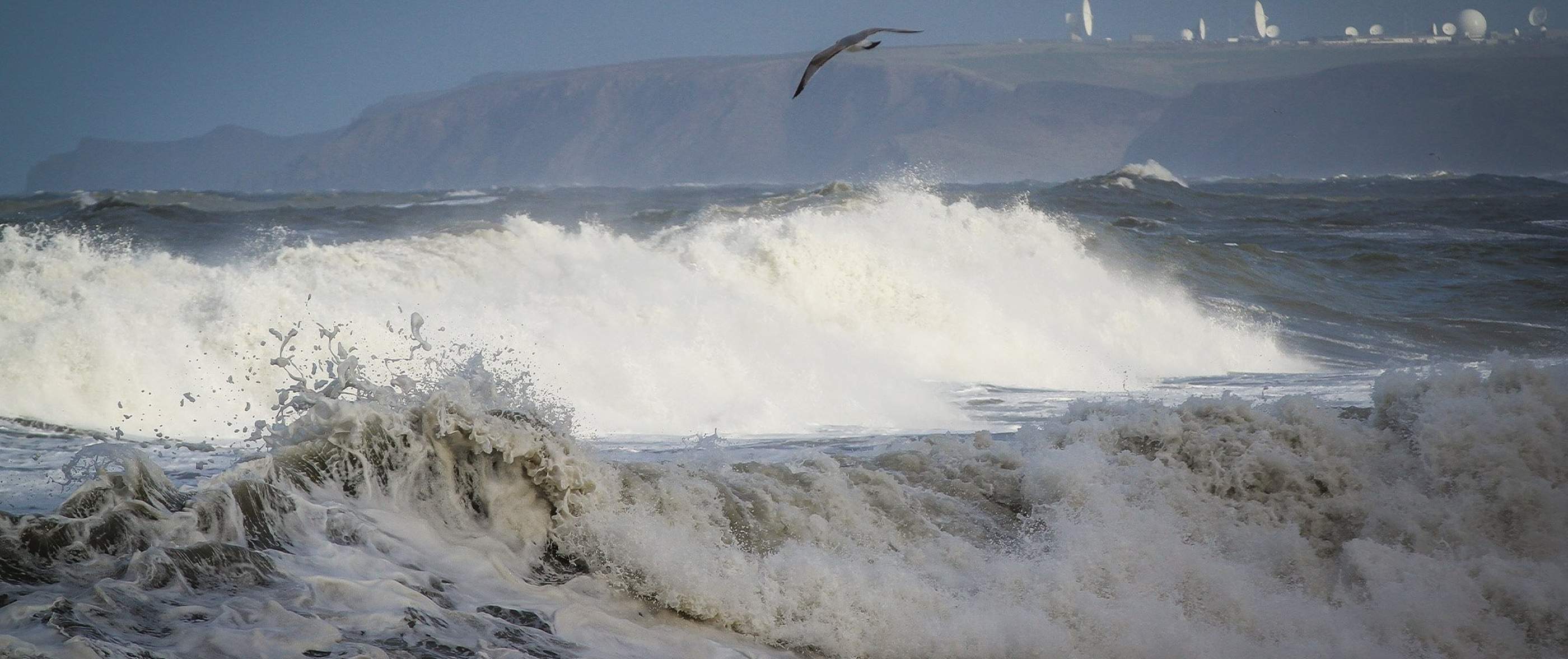This map shows all our storm overflow locations across the region, and whether they are currently active. You can also click on a catchment and follow the link to learn more about that area.
You can use this information to help make informed decisions when visiting your favourite river or beach.
On a mobile device, the map is best viewed in full screen in portrait mode.
Storm overflow map
You can access storm overflow data in several different ways, thanks to our commitment to transparency.
What are catchments and how do they work?
The map above is split into catchments. Catchments are individual water systems – usually based around a river system, or linked rivers systems. Water runs from the higher ground inland, to the coast.
Along the way, rivers pick up various pollutants. Some of them are from our activities, like storm overflow spills. Some of the pollution comes from farm activities, or factories discharging into the river. Animals and birds, and humans living off and using the river, can pollute it too. We’re working hard to reduce our own impact on the environment (see below), and have formed partnerships to support others in doing the same.
The rainfall in catchments also impacts our sewerage system. Slowing the flow of water through the environment is important to allow the land to absorb more surface water, reducing the amount of run-off into rivers, and the amount of surface water over-filling our sewers.
Frequently asked questions
What we're doing
We are reducing our reliance on storm overflows by:
- Reducing the amount of rainwater entering our system
- Slowing the flow of water through the environment
- Increasing our network’s capacity to store and treat flows
Our monitoring teams constantly review data being sent back to us from our EDMs, sewer level monitors, river water quality monitors, flow and pressure monitors and water samples. This constant data-gathering is fundamental to modelling our system and identifying areas for improvement.
